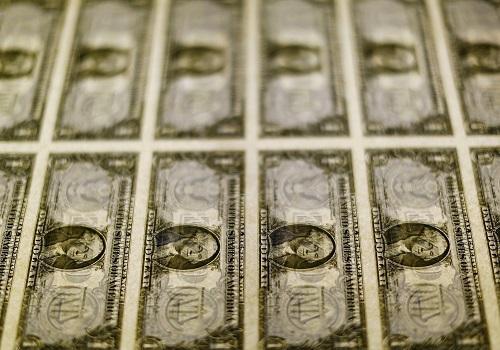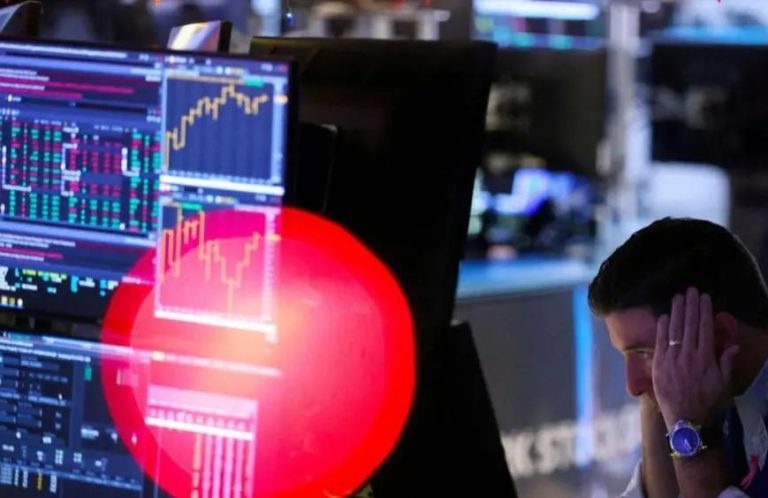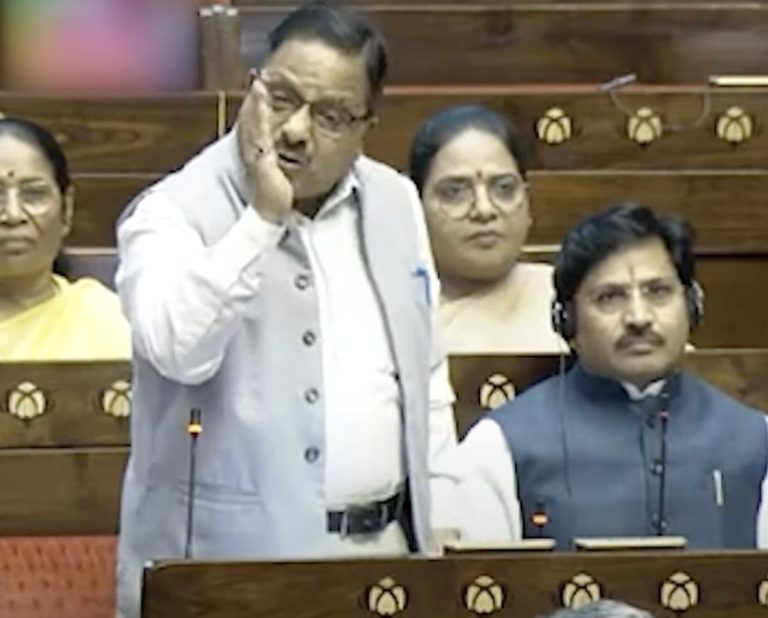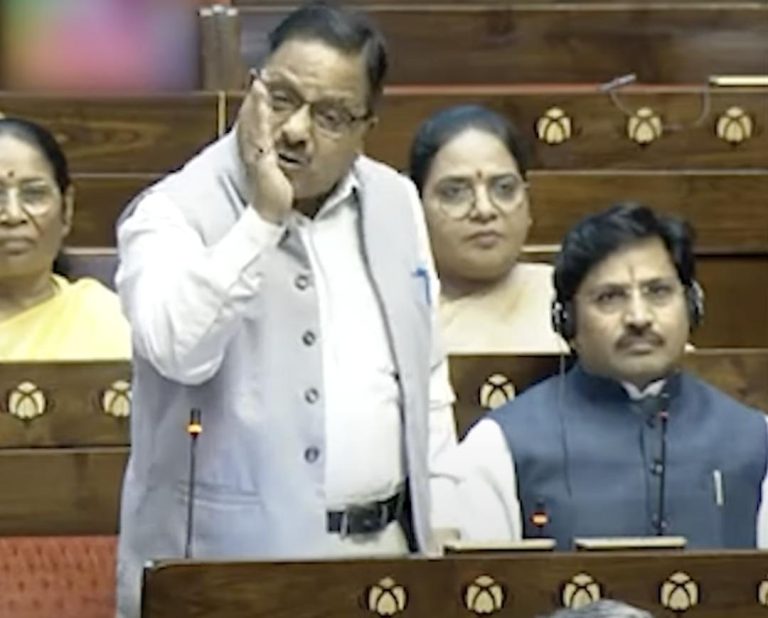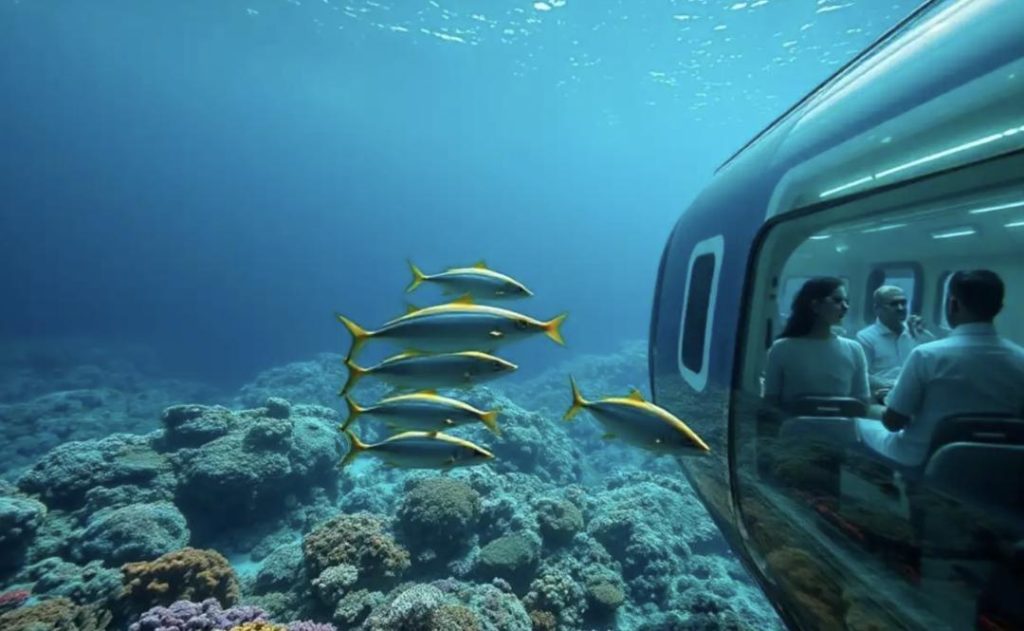
Dubai to Mumbai in 2 hours via undersea high speed train planned
The idea of traveling between two major cities in just two hours might seem like a fantasy, but it’s becoming a reality. A proposed underwater rail link between Mumbai and Dubai could revolutionize travel and trade relations between India and the UAE. The high-speed rail system would cut down travel time to just two hours, offering an alternative to air travel and facilitating the transportation of goods, including crude oil.
The proposed project, which is still in its planning stages, aims to connect the Indian city of Mumbai with Dubai, one of the UAE’s most important hubs. The underwater rail link would be approximately 1,000 kilometers long, stretching from the coast of Mumbai to the coast of Dubai, passing through the Arabian Sea.
According to reports, the project is being planned by a consortium of Indian and Emirati companies, including the Indian Railways, the UAE’s National Rail Company, and a few private companies. The consortium is working closely with the governments of both countries to ensure the project’s feasibility and viability.
The proposed high-speed rail system would be capable of reaching speeds of up to 350 kilometers per hour, making it one of the fastest rail systems in the world. The train would be designed to operate at depths of up to 40 meters below the surface of the sea, using advanced technology to withstand the pressure and corrosion caused by the saltwater environment.
The benefits of such a project are numerous. For one, it would significantly reduce travel time between the two cities, making it an attractive option for business travelers and tourists alike. Currently, the fastest way to travel between Mumbai and Dubai is by air, which takes around four hours, including check-in, security, and flight delays. The high-speed rail system would provide a faster, more comfortable, and more convenient option.
Another significant benefit of the project is its potential to boost trade relations between India and the UAE. The two countries have a long history of trade and economic cooperation, and the high-speed rail system would provide a faster and more efficient way to transport goods, including crude oil, between the two countries.
The UAE is one of the world’s largest oil producers, and India is one of its largest customers. The high-speed rail system would enable the transportation of crude oil and other goods more quickly and efficiently, reducing transportation costs and increasing trade volumes. This could have a significant impact on the economies of both countries, as well as on the global economy.
The project is also expected to have a positive impact on the environment. Air travel is one of the fastest-growing sources of greenhouse gas emissions, and the high-speed rail system would provide a cleaner and more sustainable alternative. The train would be powered by electricity, which would reduce carbon emissions and other pollutants.
In addition, the project would create thousands of jobs during the construction phase and would provide a significant boost to the local economies of both cities. The construction of the high-speed rail system would require the employment of thousands of workers, from engineers and technicians to laborers and construction workers.
While the project is still in its planning stages, it’s expected to be completed within the next decade. The consortium is currently conducting feasibility studies and environmental impact assessments, and is working closely with the governments of both countries to secure the necessary funding and approvals.
The proposed underwater rail link between Mumbai and Dubai is an ambitious project that would revolutionize travel and trade relations between India and the UAE. With its potential to reduce travel time, boost trade volumes, and provide a cleaner and more sustainable alternative to air travel, it’s a project that could have a significant impact on the global economy.
Source: https://trak.in/stories/munbai-to-dubai-in-2-hours-via-undersea-highspeed-train-is-being-planned/
